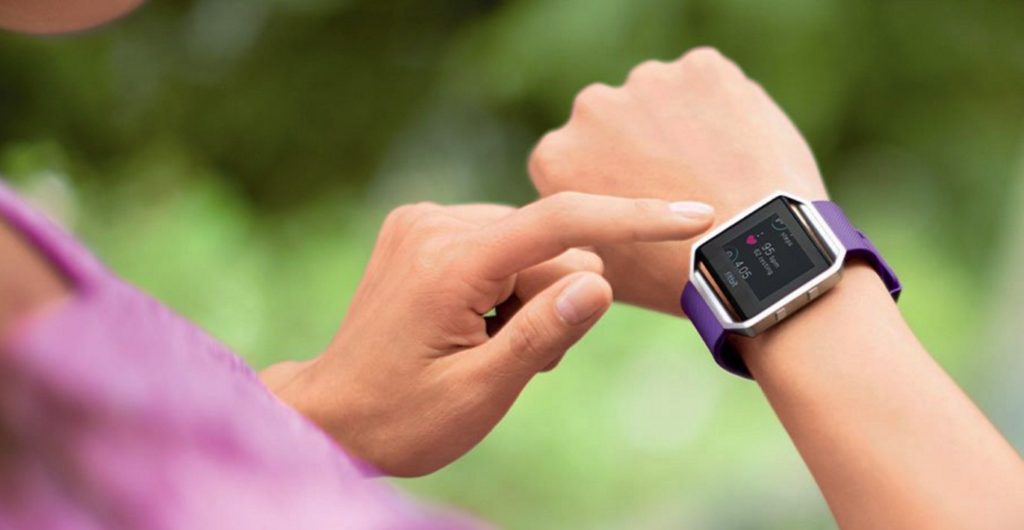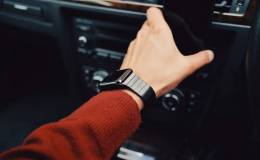After disappointing first quarter sales, Fitbit is making a move for the wearable health market. The company said it has a device in development that will be able to detect sleep apnea, a disorder that affects around 18 million American adults.
Symptoms of sleep apnea include pauses in breathing, shallow breathing during sleep, and tiredness throughout the day. The disorder can increase the risk of heart attack, stroke, diabetes, and obesity.
See Also: Told you that you were getting good sleep, says Fitbit
Fitbit is keen to start with sleep apnea because it can be detected using sensors inside the company’s fitness trackers. To detect the disorder, Fitbit plans to shine a light onto the skin throughout the night to see if there are any changes to the blood oxygen levels.
The technology seems in place, but Fitbit still needs to get over the regulatory hurdle. The Food and Drug Administration (FDA) has been against allowing wearables to diagnose illnesses, which supposedly led to the original Apple Watch getting a few of its health tools removed.
Fitbit will most likely market the technology as an advisor, rather than a diagnostic tool. That means if a user does display signs of sleep apnea, it would advise them to go see a doctor, rather than telling them the results beforehand.
Fitbit is not the only wearable maker looking to enter the health market. Jawbone, its once bitter rival, is planning on a series of medical devices to turn the company’s fortunes around. Apple may also be looking to add blood glucose level tracking to the next Watch.
Sales of Fitbit devices fell 35 percent in the first quarter of this year, to 2.9 million. Apple and Xiaomi stormed ahead of the wearable giant with 3.5 million sales each. The company’s stock has dropped over 60 percent since the start of the year, as investors start to wonder how Fitbit will compete against two mobile goliaths.


















